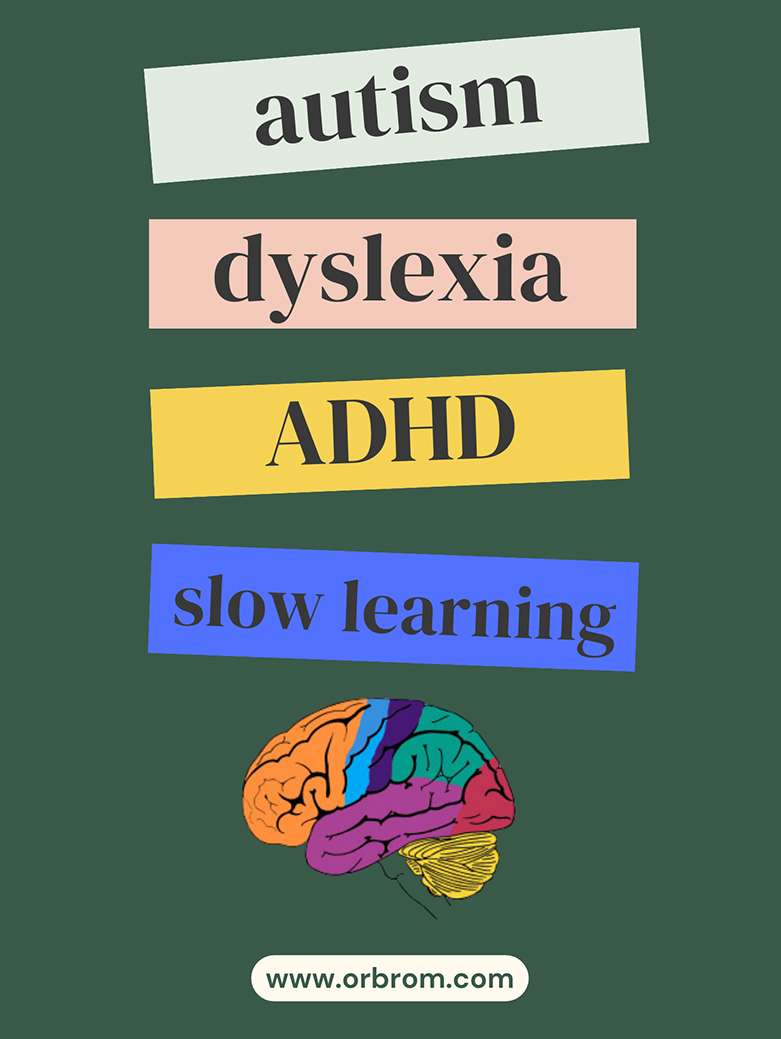Autism Spectrum Disorder (ASD) is a complex neurodevelopmental condition that impacts social communication, sensory processing, and behavior. While some behaviors associated with ASD might be perceived as misbehavior, it’s crucial to understand the underlying causes to navigate situations effectively.
Sensory Overload and Behavioral Responses
Individuals with ASD can experience sensory input – sound, light, touch, taste, and smell – differently. Overstimulation can lead to discomfort, anxiety, and even meltdowns. Behaviors often seen as disruptive, like rocking, flapping hands, or pacing, can be self-soothing mechanisms to manage sensory overload.
For example, a child might have a meltdown in a crowded grocery store due to the overwhelming combination of bright lights, loud music, and unfamiliar smells.
Challenges with Social Communication
Social interaction can be a significant hurdle for people with ASD. Difficulty interpreting facial expressions, body language, and social cues can lead to misunderstandings and frustration. Behaviors like talking too loudly, standing too close, or not taking turns during conversation might be unintentional consequences of social communication challenges.
For instance, a teenager with ASD might not understand the unwritten social rule of personal space and stand too close to a classmate during a conversation.
Importance of Routine and Predictability
Individuals with ASD often thrive on routine and predictability. Changes in schedule, unexpected events, or unfamiliar environments can cause anxiety and lead to challenging behaviors. Behaviors like meltdowns, tantrums, or resistance to change could be a way of expressing distress in response to disrupted routines.
For example, an adult with ASD might become agitated during a family vacation if the hotel room layout is different from what they expected.
Strategies for Effective Support
Here are some strategies to support individuals with ASD and navigate potentially challenging behaviors:
- Identify triggers: Understanding what triggers sensory overload, social anxieties, or disruptions in routine can help anticipate and avoid meltdowns.
- Visual supports: Using visuals like schedules, picture cards, and social stories can provide clarity and predictability for individuals with ASD.
- Positive reinforcement: Focusing on rewarding desired behaviors can motivate positive change and build self-esteem.
- Communication techniques: Using clear, concise language and avoiding sarcasm can help ensure understanding.
- Sensory breaks: Providing designated quiet spaces or calming activities can help manage sensory overload.
Remember: Every individual with ASD is unique. Strategies that work for one person may not work for another. Patience, understanding, and collaboration with healthcare professionals and therapists are key to creating effective support systems.
By recognizing the underlying causes of behaviors often perceived as misbehavior, we can create more inclusive environments and improve the quality of life for individuals with ASD.








Leave A Comment